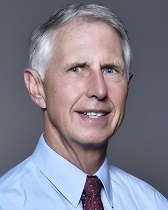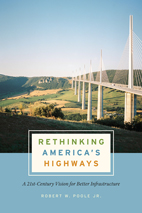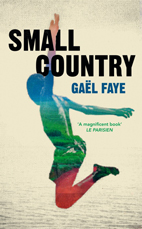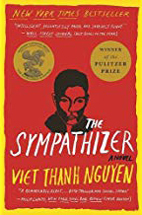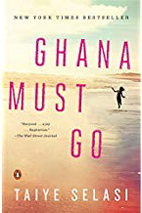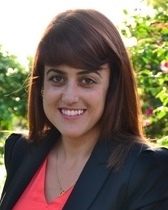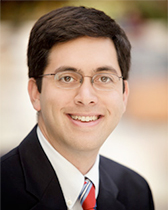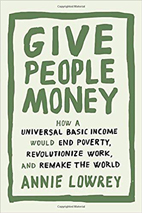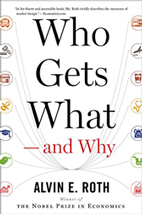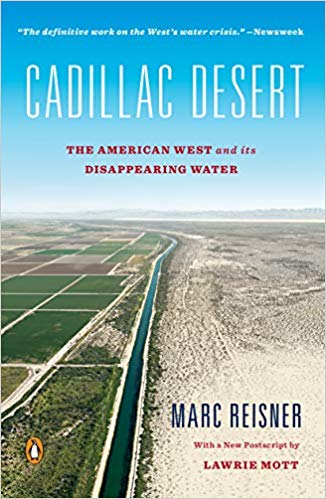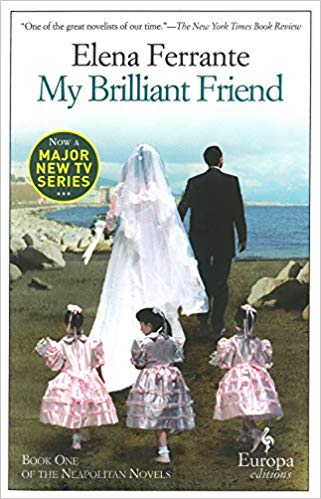Faculty New Year's Reading List
Topics range from why there has never been a better time to be a human being to the Rwandan Civil War.
Faculty |
Cover Image |
Book Description |
|---|---|---|
Ian Savage, Professor of Instruction; Associate Department Chair; Director, Transportation and Logistics Program |
|
Robert W. Poole, Rethinking America’s Highways: A 21st-Century Vision for Better InfrastructureThis book discusses the reemergence of toll roads in the United States, not only to provide funding for highways as the revenues from the gas tax diminish, but also as a method of tackling congestion. |
|
|
|
Gaël Faye, Small Country: A NovelViet Thanh Nguyen, The SympathizerTaiye Selasi, Ghana Must GoDevelopment economics is concerned with the lives of "typical" people in poor countries. Here are three good novels from this year about the lives of quite extraordinary people who grew up in poor countries. |
|
|
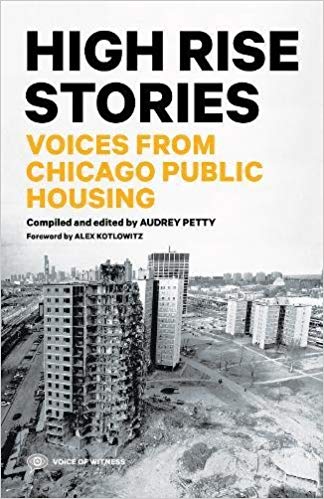 |
Audrey Petty, High Rise Stories: Voices from Chicago Public HousingI got this book before moving to NU, while I was still living in Cambridge, MA. It provides a very unique oral history of the Chicago housing projects. It touches on its creation, life there, and the ultimate demolition and displacement of its inhabitants. Anyone interested in labor economics, public programs, and poverty will find some of its tales very revealing. |
|
Scott Ogawa, Assistant Professor of Instruction |
|
Steven Pinker, Enlightenment Now: The Case for Reason, Science, Humanism, and ProgressIn Enlightenment Now, Steven Pinker attempts to give readers a "reason to live": Progress is possible if we continually apply reason and science to the inevitable problems that we encounter. That may sound overly ambitious, but I believe he succeeds. |
Matt Notowidigdo, Associate Professor |
|
Annie Lowrey, Give People Money: How Universal Basic Income Would End Poverty, Revolutionize Work, and Remake the WorldThis is a well-researched and readable book on “Universal Basic Income” programs. The book discusses a wide range of economics papers from around the world, and it also covers the current UBI policy debate and the public finance trade-offs involved in financing such an ambitious program. |
|
Mark Witte, Professor of Instruction; Director of Undergraduate Studies |
|
Alvin E. Roth, Who Gets What — and Why: The New Economics of Matchmaking and Market DesignThis is a book I use in my first-year seminar class. Nobel Prize winner Alvin Roth writes about how markets can work, but also how they can suffer from some subtle but important failures. He goes through some of his famous work on the matching of medical school graduates and residency programs, newly graduated lawyers and clerkships, matches between kidney donors and recipients, and the problems with students applying for competitive high schools and colleges. I see a lot of relevance of his work with the way the job market for Northwestern undergraduates keeps working to earlier and earlier points in their college education; and where some sophomores are getting offers for summer internships before their senior year that will likely turn into full-time job offers after graduation. That is, students who are less than halfway through their college education are matched with jobs that they may well have for the rest of their careers. |
|
|
|
Mark Reisner, Cadillac Desert: The American West and its Disappearing WaterIt's a fascinating history of water in the West and a good illustration of how policy shapes the use of natural resources. Elena Ferrante, My Brilliant FriendA great vacation read! Also, it's the first in a series of four books that chronicle the lives and friendship of two women growing up near Naples after WWII. It has been made into a show on HBO now, so you really should read the book first! |

